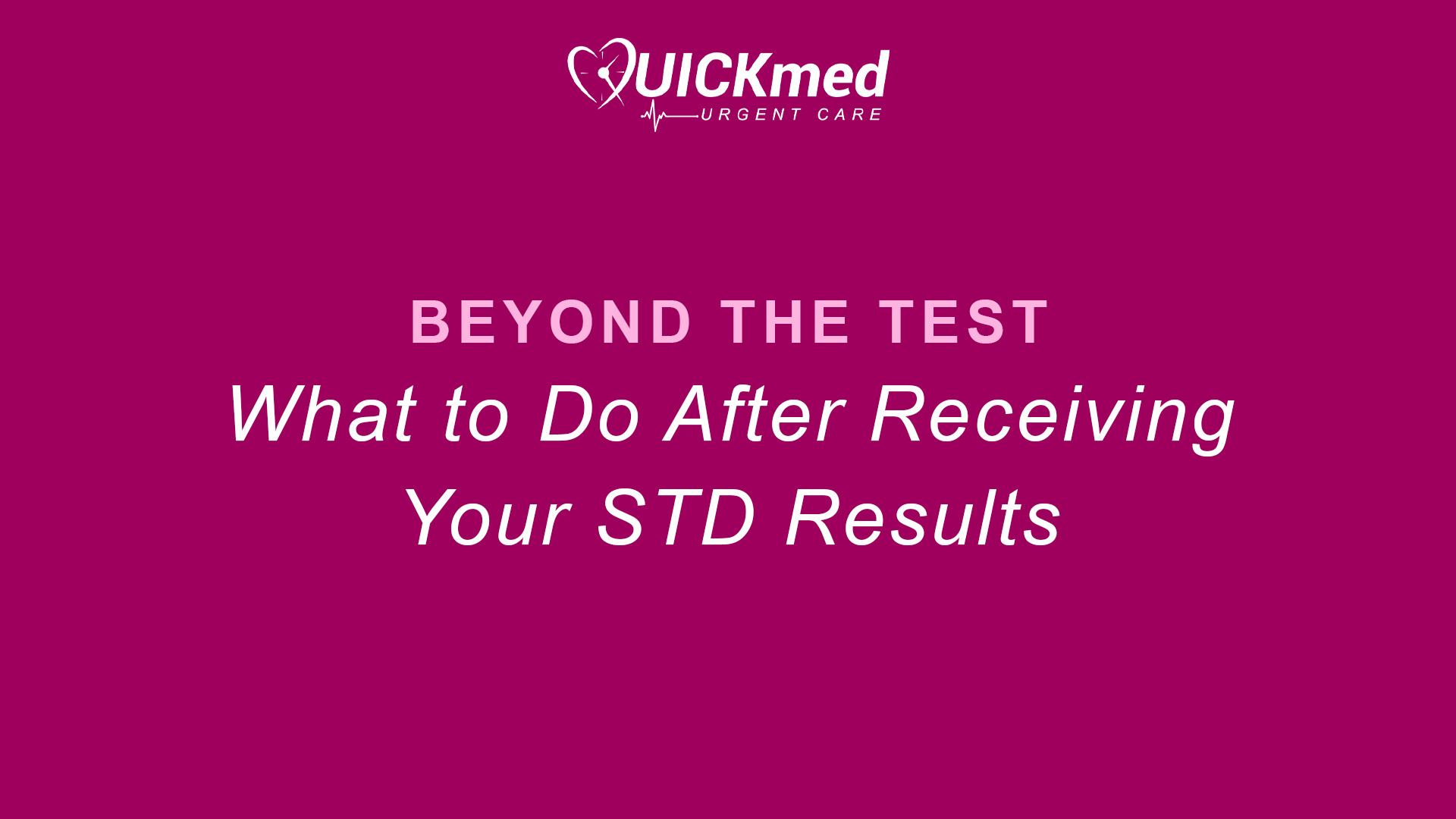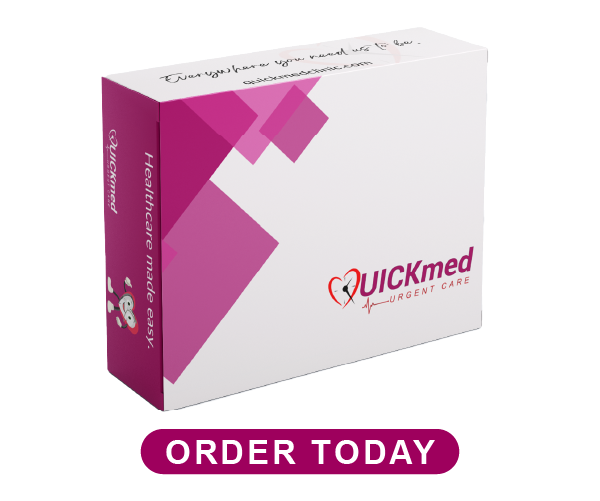Beyond the Test: What to Do After Receiving Your STD Results

Getting tested for STDs and UTIs is an important step in taking control of your health. But once you have your results, what comes next?
Whether your results are negative, positive, or inconclusive, knowing how to proceed is important. This guide will walk you through what to do next, practices in how to manage emotions, and where you can find support. As always, listen to your doctor and talk with them as you maneuver this process.
If Your Results Are Negative
A negative result means that no infection was detected at the time of testing. But this doesn’t mean you should stop prioritizing your sexual health.
✔ Keep up regular testing – Many STDs can take time to appear in a test (this is called the “window period”). If you were recently exposed to a potential STD, it’s a good idea to test again in a few weeks.
✔ Continue practicing safe sex – Using condoms, dental dams, and regular communication with partners helps lower your risk of infection.
✔ Stay informed – Sexual health changes over time. Follow advocacy groups and trusted health sources to stay up to date on prevention, symptoms, and new testing options. (Follow the QUICKmed Facebook Page to stay up to date!)
If Your Results Are Positive
Receiving a positive result for an STD or UTI can be overwhelming, but you’re not alone. Here’s what to do:
✔ Confirm with a healthcare provider – Some at-home tests may recommend a follow-up test with a doctor. Seek medical advice to determine the best next steps.
✔ Start treatment – Many STDs are curable (like chlamydia, gonorrhea, and syphilis), and others are manageable (like herpes and HIV). Early treatment is key to preventing complications and protecting future partners.
✔ Have open conversations with partners – If you test positive, it’s important to inform current or recent partners so they can also get tested and treated if necessary.
✔ Find support – If you’re feeling anxious or ashamed, remember that STDs are common and manageable. There are online communities, support groups, and healthcare professionals who can provide guidance without judgment.
If Your Results Are Inconclusive
An inconclusive or invalid result means the test couldn’t provide a clear answer. This could happen for a few reasons:
- The sample wasn’t collected properly.
- The infection is in an early stage and isn’t detectable yet.
- There was an issue with the test itself.
What to do next:
- Talk with your doctor about next steps.
- Re-test as soon as possible.
- Follow test instructions carefully to ensure accurate results.
- Consider visiting a healthcare provider for further testing if you have symptoms or concerns.
How to Handle the Emotional Side of Testing
Getting tested can bring up a mix of emotions—relief, anxiety, fear, or even guilt. No matter the result, here are some ways to manage your feelings:
✔ Remind yourself: STDs are common and treatable. Nearly 1 in 2 people will get an STD in their lifetime. You’re not alone.
✔ Don’t let fear delay action. The sooner you seek treatment, the better. A diagnosis doesn’t change who you are.
✔ Talk to someone. A trusted friend, doctor, or therapist can help ease concerns and offer supportive guidance.
✔ Stay proactive. Regular testing and treatment empower you to take control of your health.
Turning Results Into Action
Testing is just one part of the journey toward better sexual health. What matters most is what you do next.
If your results are negative, it’s important to continue regular testing and practicing safe habits to protect your health.
If you receive a positive result, following up with a healthcare provider, seeking treatment, and educating yourself and others can help reduce stigma and ensure proper care.
If your results are inconclusive or uncertain, re-testing and consulting a healthcare professional will provide clarity and guide you toward the best next steps.
Take Control of Your Health Today
📦 Order an at-home STD & UTI test now—because knowledge is power, and your health is worth it.
Don’t Forget to Share This Post!

